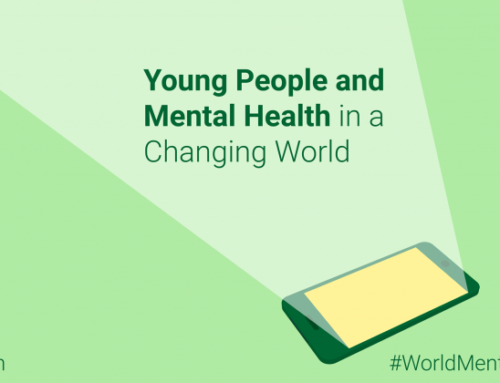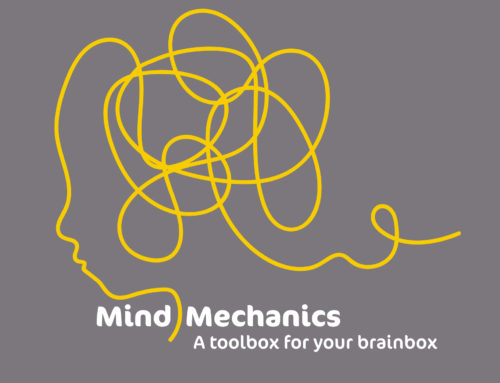The World Health Organisation recognises World Mental Health Day on 10 October every year.
Happily there has been a seismic change in the way that people understand mental health, it is now accepted that we all have mental health just as we have physical health.
The two most common mental health problems in the UK are anxiety and depression with 1 in 6 people experiencing significant episodes and 1 in 5 considering taking their own life.
According to Deloitte the cost of poor mental health in the workplace is a significant number at £33bn-£42bn; the mid-point of which is equivalent to almost 2% of UK GDP (2016).
- Absenteeism costs £8bn
- Presenteeism cost: £17bn to £26bn
- Staff turnover costs £8bn
This cost is borne by businesses of all sizes and across all industries, with our analysis showing the costs per employee ranging from £497 – £2564, depending on the industry and sector. This cost is for all employees, not just those who are ill.
A conservative estimate is that 13% of sickness absence relates to poor mental health. 300,000 people per year lose their jobs due to poor mental health yet only 11% of employees surveyed said they would disclose a mental health challenge with their line manager.
The good news is that research has found that the return on investment of workplace mental health interventions is overwhelmingly positive, with an average ROI of 4:1.
World Mental Health day provides an opportunity for all headteachers and their staff to talk about how their work impacts on mental health, and what more needs to be done to make mental health care a reality for people worldwide.
This year’s theme set by the World Federation for Mental Health is suicide prevention. The rate of suicides in Britain has risen sharply to its highest level since 2002, with men accounting for three-quarters of the number of people who took their own lives last year, official figures show.
A total of 6,507 suicides were registered by coroners in the UK – 11.2 per 100,000 people – in 2018, up 11.8% on the previous year, according to the Office for National Statistics. People aged 45 to 59 had the highest rates of suicide, at 27.1 per 100,000 for men and 9.2 per 100,000 for women.
Headteachers have a duty of care for their teachers and teaching assistants and it is vital to consider what pro active, preventative policies and practice are in place within a school, a responsive signposting service is not enough.
Mind Mechanics at Work offers a fully comprehensive menu of services to support your organisation in taking care of the mental health of your staff. MM@W team are currently working very successfully with RBS senior managers nationwide to provide mental health and wellbeing auditing, action planning and training for staff.
Sarah Rawsthorn from Mind Mechanics at School/Mind Mechanics at Work will be working from the Chamber of Commerce Members’ Lounge in Deansgate, Manchester on World Mental Health Day, Friday 10th October between 10.30am -1.30pm and also speaking at the TES SEN Show in London on 4th and 5th October. We would love to meet you and answer any concerns you may have in relation to mental health in the workplace. Feel free to email Sarah on sarah@edgeinc.co.uk if you would like more information regarding services.




Leave A Comment